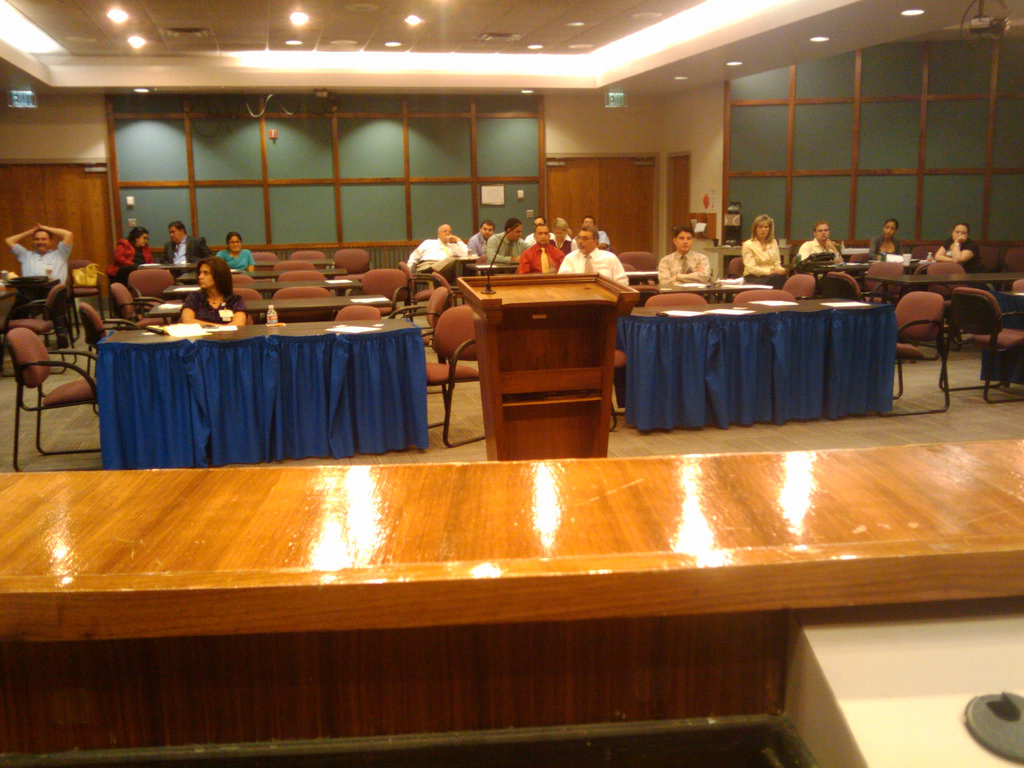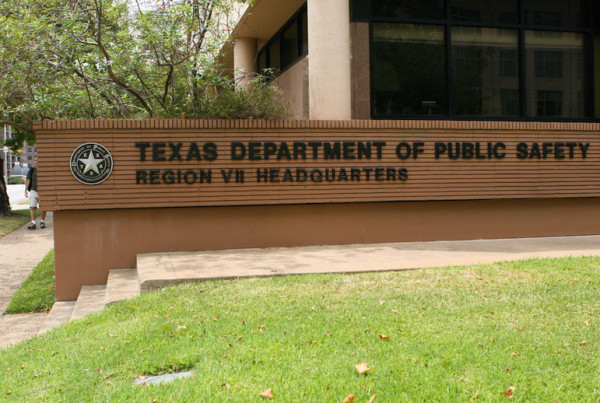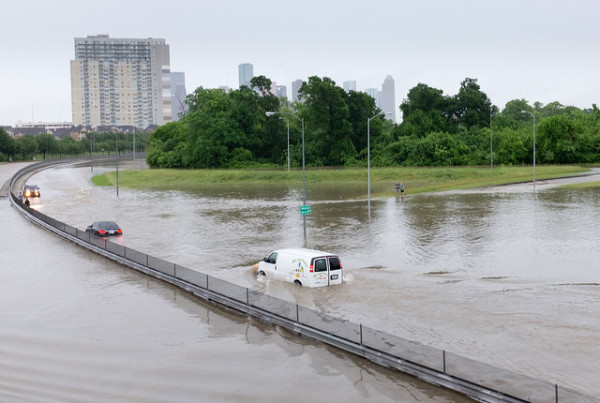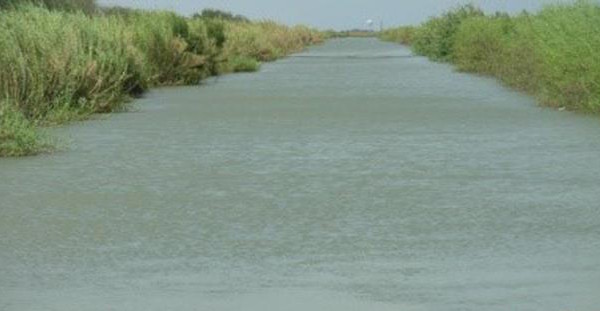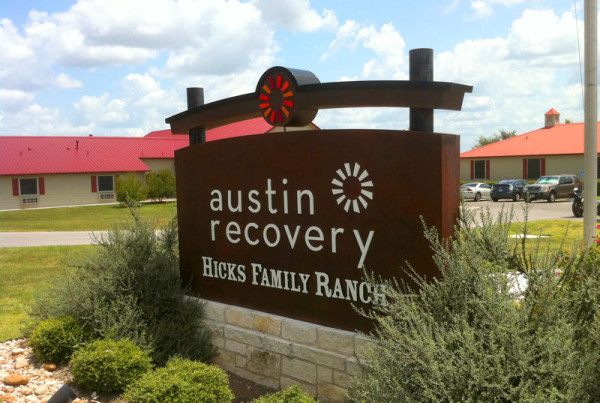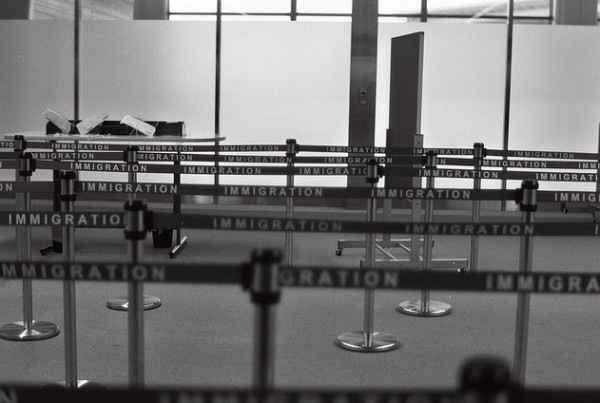The Standard’s news roundup gives you a quick hit of interesting, sometimes irreverent, and breaking news stories from all over the state.
A south Texas city is taking a stand against the federal government’s decision to include a citizenship question on the 2020 United States Census. The move was announced at the end of March. This week, McAllen city commissioners passed a resolution opposing the addition of the question. Mitchell Ferman, a reporter with The Monitor covered the vote on Monday.
He explains that local officials, like others in Texas – including members of the Texas House Border Caucus – are concerned that asking about citizenship status will result in an undercount of the population.
Ferman explains that this “would lead to potential lack of funding. You know, we’re right on the border so there’s a higher number of undocumented people, that’s kind of a large concern.”
The census helps determine how billions of dollars in federal funds are distributed to states and communities.
Ferman adds that McAllen is following in the footsteps of Hidalgo County – where the city is located – which issued a proclamation opposing the controversial query. The county also joined a multi-state lawsuit that is trying to block the federal government from including the citizenship question on the census.
But McAllen isn’t going that far. “McAllen is not joining the lawsuit – they just passed this resolution,” says Ferman.
This resolution puts McAllen officials at odds with state leaders like Texas Attorney General Ken Paxton, who asked the federal government to include the citizenship question in the 2020 census.
The Texas Education Agency released the final draft of its plan to comply with federal special education requirements.
The plan is in response to a January report from the U.S. Department of Education. It found Texas had broken federal law by effectively setting a cap on the number of kids who could receive special education services.
Texas Public Radio’s Camille Phillips reports.
Although the cap is no longer in effect, there are thousands of children who likely should have been receiving services that need to be identified. TEA is providing temporary assistance contracting with specialists who can identify those students. The agency is also contributing $65 million to help school districts provide the additional therapy the students are owed. But TEA says school districts have most of the responsibility for testing and paying for compensatory services. Instead, TEA is focusing on boosting its staffing to monitor school districts every three years and providing statewide training to teachers and administrators.
The final plan still needs federal approval.
National Guard members started training this week in Marfa.
About 50 to 80 National Guard troops will eventually be deployed at stations throughout the West Texas Big Bend Sector.
Border Patrol spokesman Rush Carter told Marfa Public Radio the National Guard troops will not be in law enforcement positions or out in the field..
“They’re going to be helping us in our radio communications room, alongside our folks that are already doing that job. Again, helping with the overall work that goes on in those operations all day,” Carter said.
The guard’s arrival is part of President Donald Trump’s plan to heighten security along the southern U.S border.


